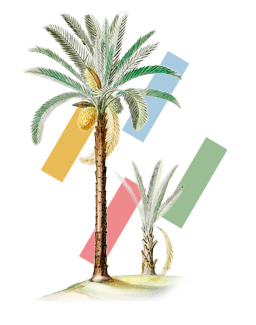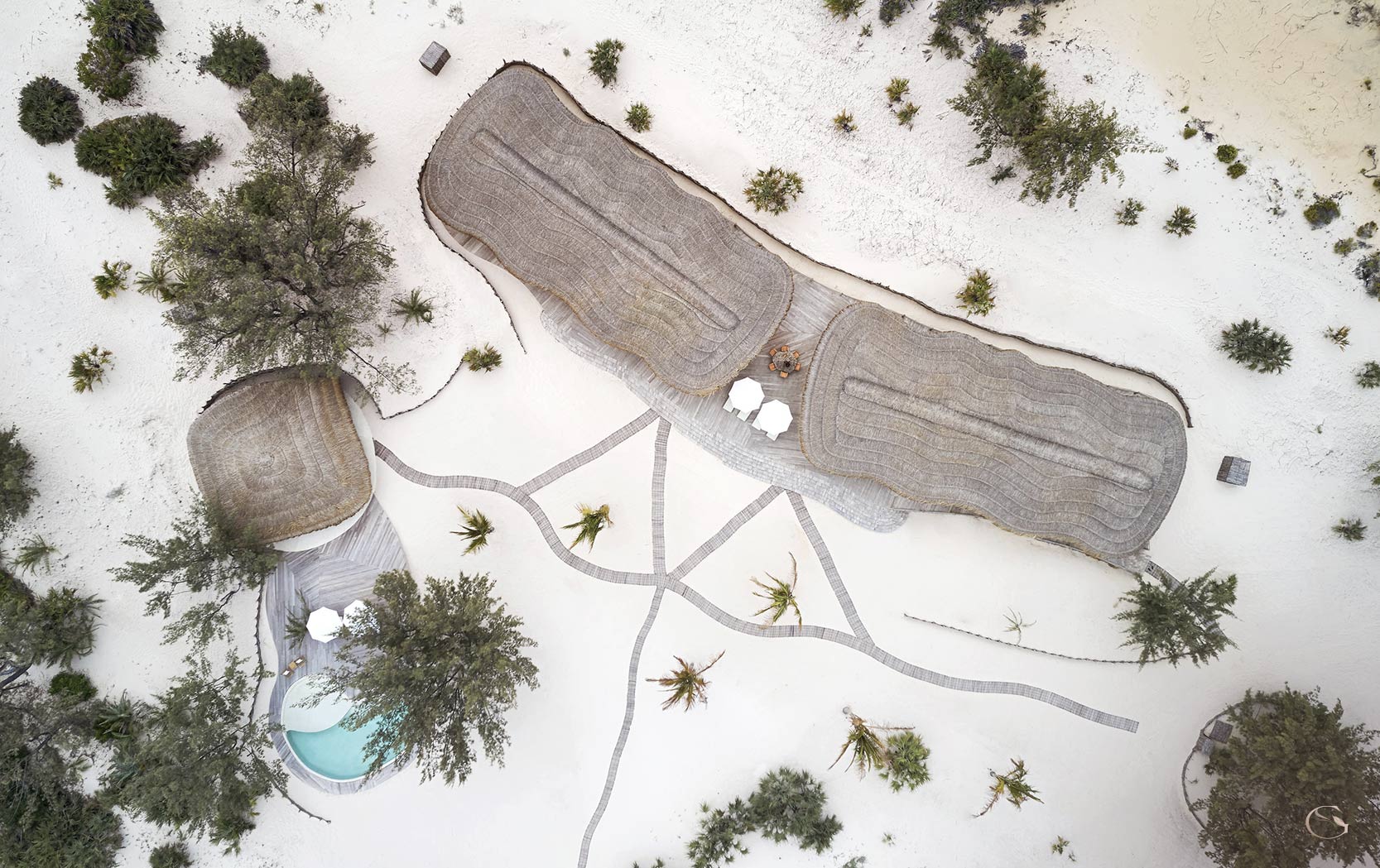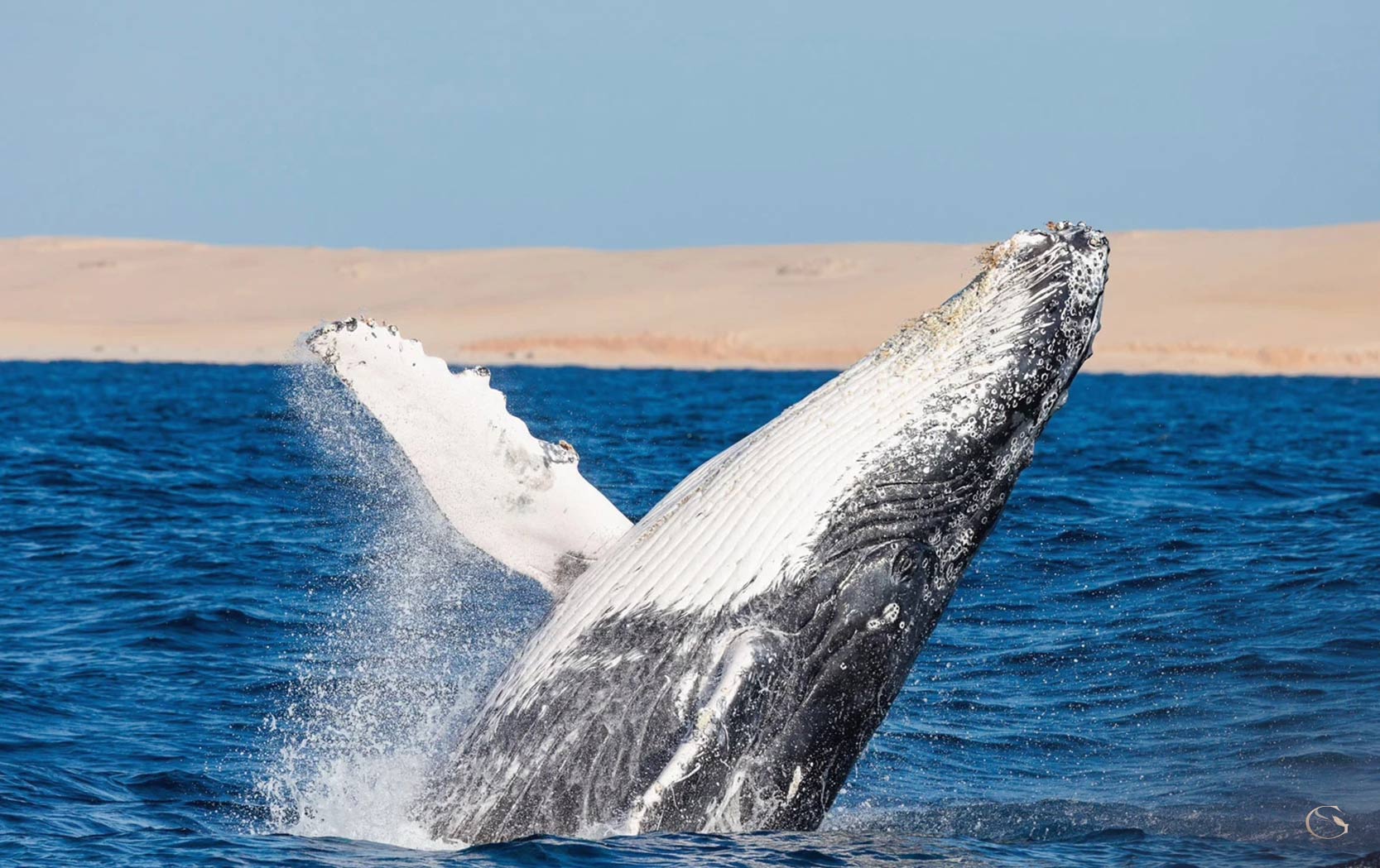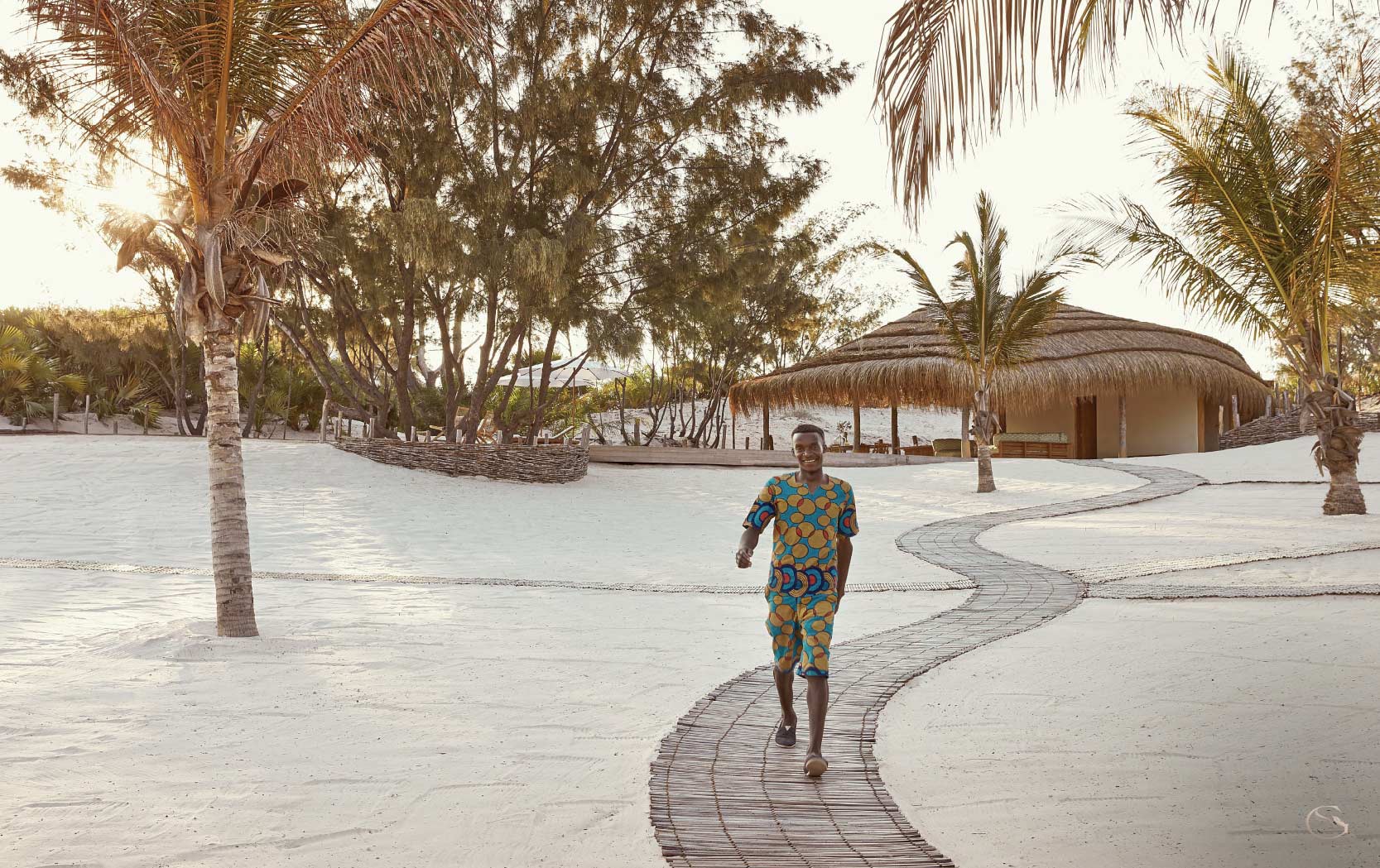
Benguerra Mozambique
Kisawa Sanctuary
One of Guided Safaris® most remote diving paradise islands, Kisawa sanctuary is on Benguerra Island, part of the Bazaruto archipelago’s five islands, situated off the coast of Southern Africa. About 750 acres with 11 private luxury villas, the island is authentically African with its nostalgic stretch of sandy dunes and tropical forests teeming with birdlife. Guided Safaris® offer exclusive PADI certified private diving experiences at Kisawa Sanctuary that include deep sea diving packages to seek marlins, yellowish tuna, bull sharks, manta rays, tiger sharks, sail fish and more - as well as snorkeling with sea turtles.
Kisawa guests are invited to actively partake in BCSS research, joining scientists to observe the abundant marine wildlife in the region, gather data and join the team on live fieldwork via becoming ‘Scientist for a Day‘. The purpose of our ‘Resort to Research’ approach: hospitality contributing directly to marine science and conservation.
Kisawa is a combination of 8 one, two and three bungalow Residences, positioned within a 740-acre stretch of forest, beach and sand dunes. One Bedroom Residence features: Bespoke interiors, Generous living room, King bedroom, Two dressing rooms, Bathroom, Two individual powder rooms, Open-air deck space, Day area, Outdoor shower, Infinity pool
Kisawa Island Diaries
Kisawa Sanctuary stretches across 740-acres of tranquil beachfront and coastal forest on Benguerra Island, Mozambique. Nestled along 3 miles of pristine Indian Ocean coastline, the sanctuary offers guests unparalleled privacy while supporting marine research and conservation through its sister initiative, the Bazaruto Center for Scientific Studies, Africa’s first permanent ocean observatory. While Africa is home to many conservation-driven properties, none match the oceanfront setting and caliber of Kisawa. Partnered as a benefactor and strategical research location for Africa’s first ever permanent ocean observatory, the Bazaruto Center for Scientific Studies (BCSS), Kisawa Sanctuary gives you a behind-the-scenes opportunity to join marine biologists on diving cruises for whale and shark research, and coral-monitoring.
Field Notes
DIVING IN AFRICA
Experience diving expeditions in cave systems, seamounts, pinnacles or simply explore the open ocean reef, enjoying the plentiful sea life. Enjoy tailormade luxury diving packages in Mozambique for Kisawa Sanctuary at Benguerra Island, with the original Guided Safaris® collection.

Kisawa Sanctuary
Kisawa Mozambique
Reconnect with your inner rhythm. Here, at Kisawa, one is guided by the surrounding ecosystem from sunrise to sunset. Access to this authentically African beach hideaway is first by plane and then by helicopter, giving you a sense of how remote this location really is. Kisawa sanctuary is home to some of the richest and least explored subtropical ecosystems in the Indian Ocean. The sanctuary’s 14 spacious bungalows, housed within 8 Residences, embody a philosophy that harmonizes people with the land, life with nature. Each residence is thoughtfully situated on the island’s serene cove, occupying its own private plot of at least one acre, ensuring seclusion and allowing guests to fully appreciate the natural surroundings. Each bungalow accommodates two guests, with some standing alone for complete solitude, while others are grouped to offer families or friends a balance of privacy and connection.

Located in the beautiful and pristine Bazaruto Archipelago, Kisawa Sanctuary opens its beachfront to some of the most unique experiences on earth


ISLAND EXPERIENCE
The Kisawa experience is tailored to each guest, enhanced by a fleet of vibrant electric Mini Mokes for effortless exploration. One can choose the ultimate retreat, enjoying the privacy of their bungalow and its surroundings, or set off to explore the wonders of Benguerra Island and the Bazaruto Archipelago—home to some of the Indian Ocean's most untouched and rich marine ecosystems. Whether seeking solitude or adventure, the pace and rhythm of the journey are entirely up to you.
Step aboard one of our Axopar boats at the Baracca and set sail to the idyllic islands of Bazaruto, Paradise, or Margaruque. As you cruise through the crystal-clear waters, keep an eye out for one of the last 200 dugongs in the region, a species uniquely found at these shores. You may also encounter resident dolphins—Common, Spinner, or Humpback—playing in the island channels or further out at sea. Bird enthusiasts will be delighted by the variety of bird species that grace our archipelago reserve, all while enjoying light snacks and refreshments aboard. For a deeper connection with nature, hike with the Kisawa nature guide across Benguerra Island to uncover over 150 bird species and spot the graceful gazelles roaming the landscape. For a more adventurous perspective, take a helicopter ride over the Bazaruto National Marine Park, where you'll witness rare marine life, extraordinary ecosystems, and the dazzling array of blue hues that the Indian Ocean offers. During your journey, stop at Santa Carolina Island, also known as Paradise Island, for a personalized picnic on its serene, untouched beach, a perfect setting for a peaceful 30-minute escape amidst nature’s beauty.
When is the best time to visit Kisawa Island for whale watching?
July to October. During these four months, the Mozambique Channel becomes the ideal breeding and nursing ground for humpback whales.
- Deep sea cruises to see dugongs and dolphins
- Go behind-the-scenes with BCSS scientists
- Help tag turtles, marlins and sharks
- See large flocks of flamingos on the beach
- Canoeing through mangrove ecosystems
World's 50 Greatest Hotels
TELEGRAPH

Kisawa Sanctuary
The Wonder of Whales
Witness the majestic journey of humpback whales as they navigate their Indian Ocean odyssey from July to September, a time when the Mozambique Channel transforms into an ideal sanctuary for these magnificent creatures to breed and nurse. During these months, the protected, shallow waters of the Bazaruto Archipelago come alive with the sights and sounds of mother whales and their calves. In the 2022 season, up to 100 whales were spotted each day, breaching, slapping their fins and tails, and playing in the sea. Join us aboard the Kisawa boat, where you'll have the unique opportunity to observe this awe-inspiring spectacle up close. Guided by the expert insights of the marine science team from our sister property, the Bazaruto Center for Scientific Studies (BCSS), you'll witness humpback whales in their most natural behaviors—breaching, rolling, and tenderly caring for their young as they move through these calm waters. This is a seasonal marvel you won’t want to miss.

GUIDED SAFARIS®

KISAWA RESIDENCE
The Founder’s Residence offers something truly special, with sweeping views of both the ocean and cove sides of the island. Situated on a larger private plot, it’s enriched with personal touches, including a curated collection of pan-African antiques and art, adding a distinctive charm to the space. Two bungalows are seamlessly connected by an open-air deck, each offering bespoke interiors and thoughtful design. Inside, you’ll find a spacious living room, a king-sized bedroom, two dressing rooms, and a shared luxurious bathroom.
Your Residence experience includes: Personalized butler service, Your own dedicated electric Mini Moke for island exploration, A private infinity pool with an open-air sun deck, A relaxing day area and outdoor living space, complete with an outdoor shower, Signature welcome drink and curated amenities, King-sized beds for ultimate comfort, Smart TV and WiFi, Stunning views of Turquoise Cove.
This private haven spans 570m², with 300m² dedicated to bedroom and living interiors, and an additional 270m² for the pool and outdoor area—all set within an exclusive 2.25-acre plot, creating a serene and luxurious retreat just for you.
Kisawa Sanctuary
People + Culture
Kisawa's hospitality is deeply personal, and the service leaves lasting memories. Kisawa honors each guest with genuine care and attention. Led by a dedicated team of 196 individuals, affectionately known as Kisawis, with about 90% of the operational team hailing from Mozambique. The rest of Kisawa's staff brings diverse expertise from around the globe, creating a perfect blend of local knowledge and international experience. Under the leadership of Kisawa's founder and creative director, Nina Flohr, every decision is driven by thoughtful research and a commitment to positively impacting both the people of Mozambique and its natural environment. At Kisawa, we are proud to weave care for our guests with care for the land and community around us. As part of Kisawa Sanctuary’s Island Residence series, Malick Bodian, model and artist, has documented the rich rhythm and cultural landscape he encountered on his first visit to the country in beautiful photographic essays for WWD.

GUIDED SAFARIS®
A Day on Safari
Luxury Safari Camps


Kisawa Mozambique LuxurySafariLodges.com

Kisawa Mozambique LuxurySafariLodges.com

Kisawa Mozambique LuxurySafariLodges.com

Kisawa Mozambique LuxurySafariLodges.com

Plan your private safari
GUIDED SAFARIS®
Always Tailormade
Immersive, remote wilderness

THE ORIGINAL GUIDED SAFARIS® COLLECTION
LUXURYSAFARICAMPS.COM
Derived from age-old know-how, our journeys to Africa are tailored by your imagination. The dream becomes the enchantment of a moment, the joy of a journey, a companion for life.
We’re here to inspire you to dream up your own safari story.



